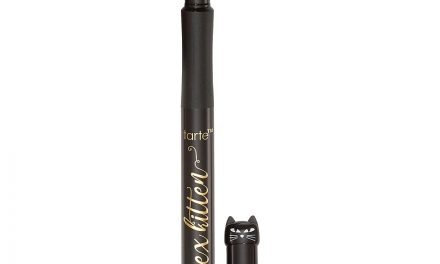
Where did October and November go? Disappeared while I was reading these 12 books, most of them worth considering for your book stack. Enjoy and Happy Holidays!
In God We Trust: All Others Pay Cash by Jean Shepherd (First Broadway Books, 1966)
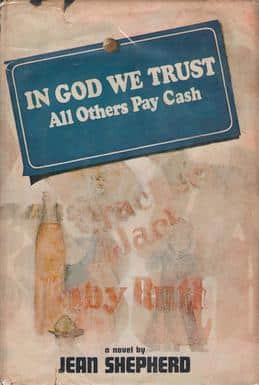
In my recent reading, someone referred to this classic book of short stories and I thought, there’s another of the most heralded books that I’ve not read. Easy to remedy as there was no waiting list at the library.
There is nothing that Jean Shepherd could say in 10 words that he does not expand to 15, using the most wonderful, descriptive prose. You must fall into the rhythm of the writing reflecting life in Hammond, IN in the early 1950s. This book is the source of the movie The Christmas Story and the esteemed Red Ryder BB Gun.
I was captivated because Hohman, as the town of Hammond is fictionally referred to, is close to Chicago. It’s part of The Region, the section of Northwestern Indiana (Porter and Lake Counties) included in the Chicago Metro Area. My husband and his family were from The Region. Their economic improvement was marked by a move to Cedar Lake (not the lakefront, thank goodness). You’ll understand when you read about Cedar Lake in the book.
There are lots of smiles, a few guffaws, and many fond memories in Shepherd’s stories. Great light reading.
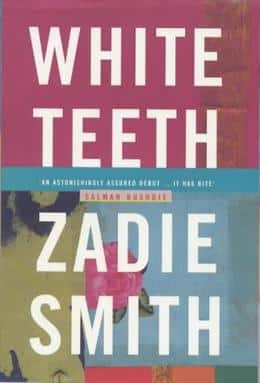
White Teeth by Zadie Smith (Vintage Books 2009)
Zadie Smith has a new book, so I thought I’d start by reading her first book. Unfortunate decision. White Teeth didn’t cut it for me. It’s long. 500+ pages tucked into 445 because of tiny type and uncomfortable crowding on the page. The characters, old or young, didn’t develop in interesting ways. I felt cheated, investing so much time.
Then, talking with a friend about Ms. Smith, I remembered I’d read her novel, On Beauty, and felt the same. Ms. Smith puts the words on the page nicely, but they didn’t rise to meet me.
Jerusalem: The Biography by Simon Sebag Montefiore (Knopf, 2011)
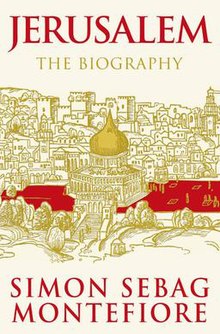
Sebag Montefiore is a well-known historian. I’ve read his two Stalin biographies: the early life and the later life. Sebag Montefiore’s books are not for the faint of heart. Jerusalem weighs in at 2 ¾ pounds, 543 pages, augmented by maps, dynastic records, picture sections, copious notes, bibliography, and index –650 pages in total. Not easy to read in bed.
I wish I could tell you it was worth the slog, but it wasn’t, unless you love reading big history or will be visiting Jerusalem. There is so much here, from the Bronze Age to 2010. Why Jerusalem? Because this non-descript town sits on a rise in a great plain, the Judaean hills, that is the main land path between what became known as Russia, Europe, and North Africa to the riches of the East – and there was good water fed by an underground spring.
Great civilizations met and clashed in the 150 x 100 square miles centered by Jerusalem. Jerusalem focuses on the triumphs and failures of the three People of the Book: Muslims, Jews, and Christians. The winner equals none.
I was smug in my knowledge on October 6 when war broke out again between Palestinians and Israelis along the Gaza Strip. Because I read Jerusalem, I knew where, when, why, etc. regarding this never-ending tragedy.
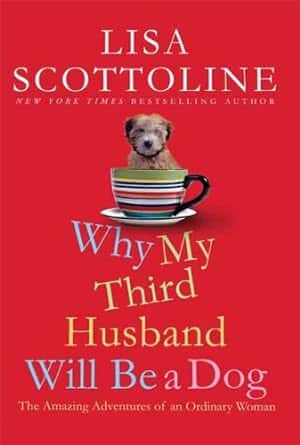
Why My Third Husband Will Be a Dog by Lisa Scottoline (St. Martin’s Press, 2009)
This woman writes funny! This is a collection of her newspaper columns from the Philadelphia Inquirer and a reason why we subscribed to print newspapers. Each essay is about 600 words so you can easily budget your time. Highly recommended for a fun read.
Scottoline is a prolific writer of legal mysteries. I’ll be trying one shortly.
March by Geraldine Brooks (Penguin, 2006)
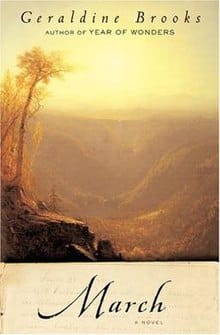
Brooks also has a new book, Horse, and as I often do, I went to her bibliography for one of her older books – this one the winner of the Pulitzer Prize. I didn’t do any research, so was surprised to learn this is fan fiction based on Louisa May Alcott’s Little Women. March is the story of the father who is an abolitionist Christian minister serving in the Civil War, and away from the home of the Little Women in Massachusetts.
This is a good book and tying it into Alcott’s parallel universe deepens its appeal. Brooks creates a fascinating, selfish, egotistical, loving, misogynistic father, husband, minister. Fortunately, he learns a bit from his mistakes. I appreciated the historical plot anchored to John Brown, the Concord pacificists, Lincoln and his proximity to the front lines, and the medical horror of the Civil War. I did find the interracial romance a bit contrived, but that’s fiction.
A Wrinkle in the Long Gray Line by Cary Donham (BookBaby, 2023)
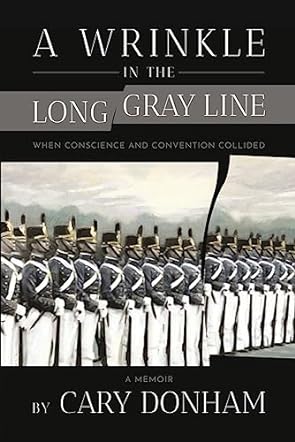
This book interested me because Cary is the husband of a friend. It’s the story of a West Point cadet, who, after three years in the academy, finds himself in the moral dilemma of a conscious objector to war. The amazing part is that Donham persevered with his decision to leave West Point until he received an honorable discharge and did not have to serve in the regular army in non-combat to complete his service.
The story is interesting. Donham is a small-town midwestern boy who emerged a man of principle after struggles within the military and after leaving. Like many self-published books, it could be more engaging and concise, but this is an unusual story deserving attention.
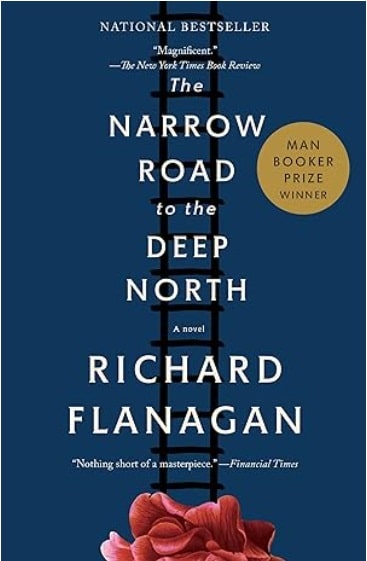
The Narrow Road to the Deep North by Richard Flanagan (Knoph 2013)
Ouch, this is a tough book! Along the lines of WWII in the Pacific books such as A Town Like Alice, Unbroken, and A Bridge on the River Kwai, this is about Australian soldiers who are Japanese POWs. The story jumps around from the protagonist’s pre-war history to the war, to post-war, to his death.
Excellent writing – I swam right through it. Winner of the Mann-Booker Prize 2014. Highly recommended if you can deal with the horror of war.
How Not to Be a Politician by Rory Stewart, (Penguin, 2023)
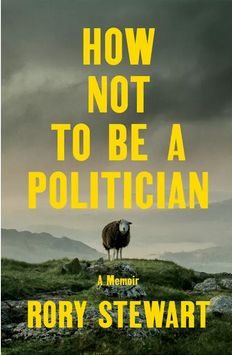
I love Rory Stewart. I first came upon him while reading travel books involving lengthy walks. Rory walked the breadth of Afghanistan and later Iraq as a traveler and as a UK government minister. He was appointed Governor of a British-occupied province in Iraq. He was and is a precocious middle-of-the-road Conservative politico.
All of this is recorded in his first two books, The Places in Between and The Prince of Marshes. Rory always takes his jobs seriously, those who work with him less so, whether they be British subjects or locals. His books speak truth to power, but no one who matters listens.
And so it is with How Not to Be a Politician. Rory returns to the UK, resettling in his native Scotland. His goal is to battle global warming and preserve the native beauty of Great Britain. He is unable to do anything through “proper channels.” So, he finds a possible district for election on the border between England and Scotland, Penrith and The Border, the largest district geographically in the House of Commons.
The book details his campaigns, elections, and ultimate defeat when he stands against Boris Johnson for Head of the Party/Prime Minister. By this time, lots of people like Rory, but he’s still a squirrely Member from the boonies, and Boris Johnson is, well …
I found it a great read. For us US citizens, Rory includes a glossary of Brit speak and the political structure of the UK. Enjoy! You can find Rory today on his weekly podcast, From Politician to Podcast.

Horse by Geraldine Brooks (Viking, 2022)
As a child, I read every horse book in the Kirkwood Public Library. My fav was King of the Wind by Marguerite Henry, and it still is. Horse is not unlike King of the Wind. An exceptional stallion, caught in unfortunate circumstances, attended by an enslaved child – and all’s well that ends well. There is a great story in between. I highly recommend that you read both books if you enjoy horse stories enshrined in historical novels.
The Tempest Tales by Walter Mosley (Black Classic Press, 2008)
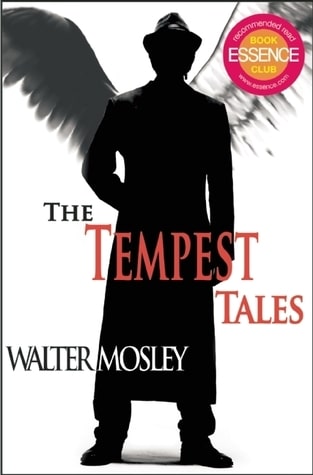
I’ve always wanted to try a Mosley book and when I discovered his short Tempest series, I tried the first book. It does start with a murder of one Tempest Landry, who appears before St. Peter and refuses to accept Peter’s verdict that Landry is a sinner.
According to the rules of the hereafter, sinners and saints must personally accept their judgement. And thus begins an almost metaphysical tale of Mosley, an angel, and the devil.
Landry’s claim is that Black people sin because they must shortcut the system that is stacked against them. I appreciated the wry approach to morals, but I probably won’t continue with the series because it’s sure to have more of this battle that really didn’t hold my interest.
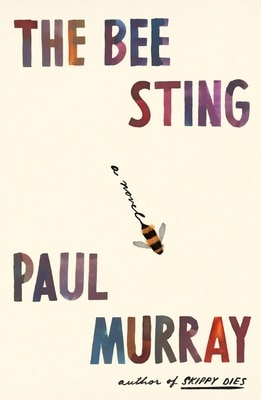
The Bee Sting by Paul Murray (Farrar, Straus and Giroux, 2023)
642 pages, but don’t be alarmed. After the first 100, you won’t want to put it down. It’s a dysfunctional family yarn that left me gasping as it jumped from generation to generation and story to story.
Each family member is a narrator, with exciting outside characters. Murray’s prose will captivate you. The sitting in recessionary Ireland is the perfect milieu for financial family stress. The ending will… well, then there is that ending. Highly recommended novel.
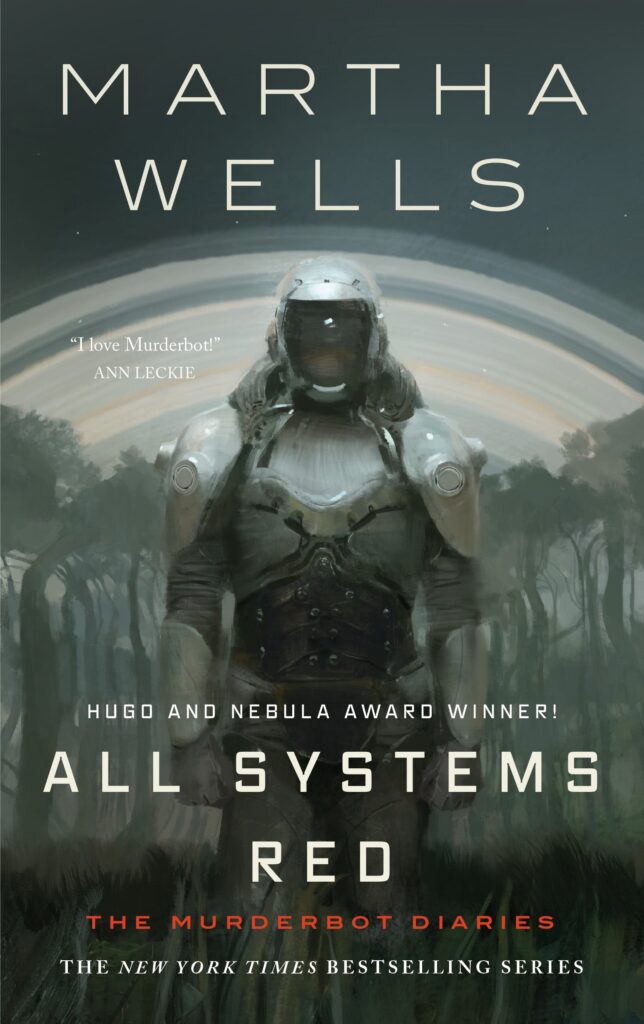
All Systems Red by Martha Wells (Tor, 2017)
No idea how I selected this book. Likely a reviewer mentioned its superior qualities in passing. It reads like a YA sci-fi novel. But I enjoyed the fast-paced story, the “character” development of the SecUnit (robot), originally programmed to be a MurderBot, but self-reprogrammed to enjoy a limited freedom of choice. It’s short and fun. If I had 8-12-year-old children at home, I’d be reading this aloud with them. I’ve already ordered the next book in the series.
For more book reviews, check out our BOOKS SECTION.
Let’s Have a Conversation:
How many books have you read this fall? Which of them was your favorite? What was it about? If it’s part of a series, would you be reading the sequel? Do you prefer to purchase your books or borrow them from a library?



